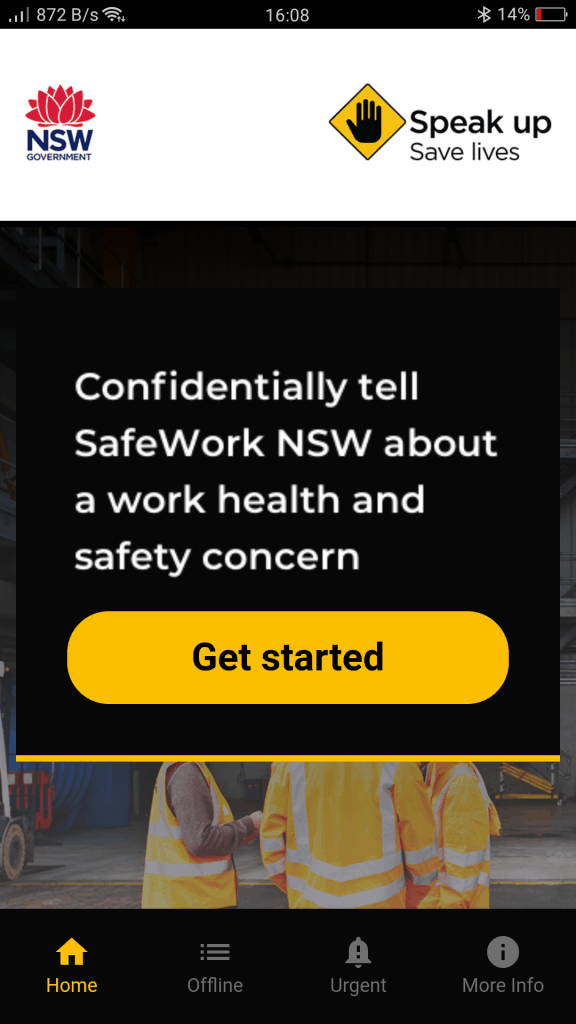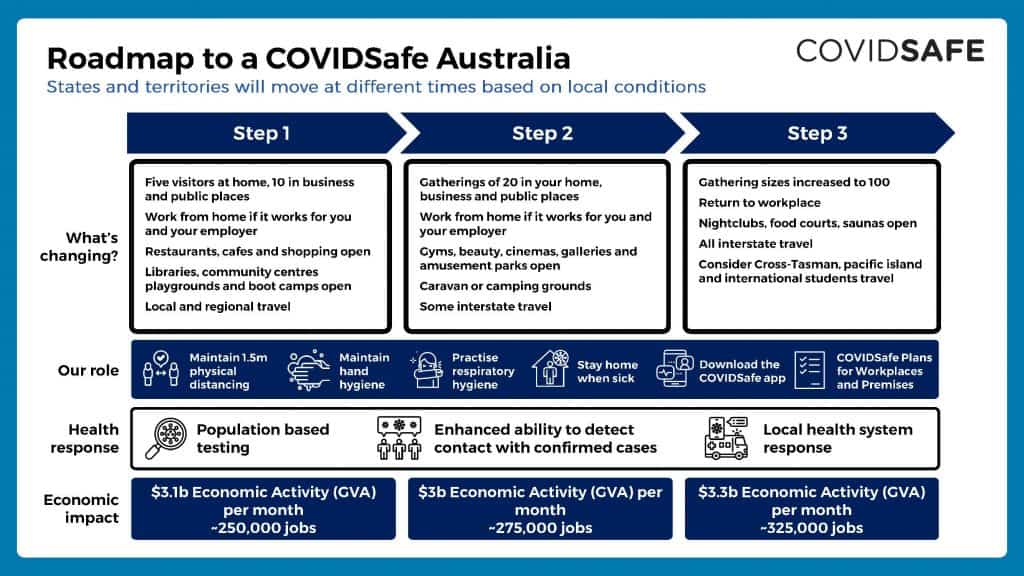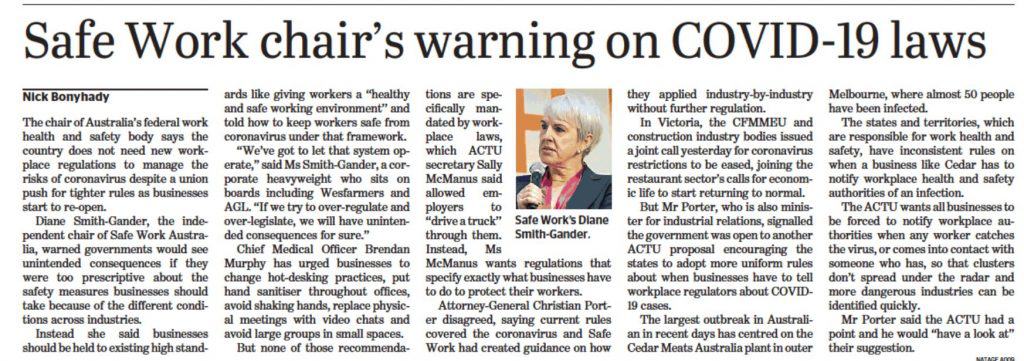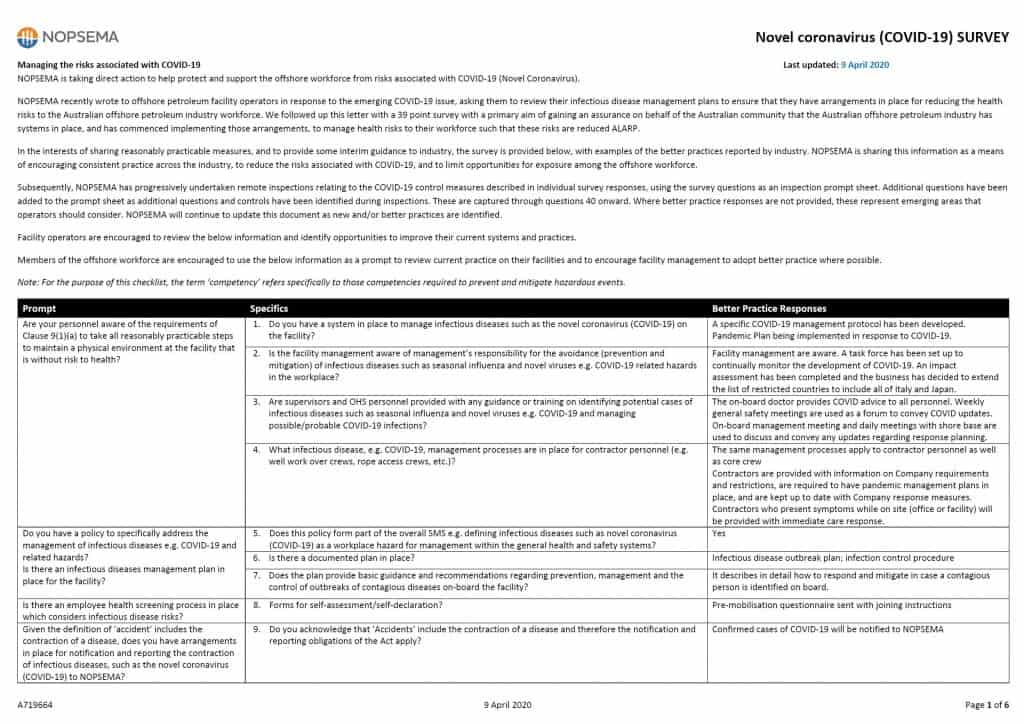
One of the major criticisms of Industrial Manslaughter laws by this blog is that the laws are likely to be a distraction from actions and changes that could prevent deaths. In 2018, the Australian Parliament conducted an inquiry into industrial deaths within which the prevention of death and injury was core. The recommendations of the inquiry’s final report – “They never came home—the framework surrounding the prevention, investigation and prosecution of industrial deaths in Australia” – have never really been acted upon, a fact mentioned in Australia’s Senate on June 11, 2020.





